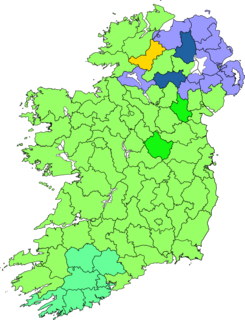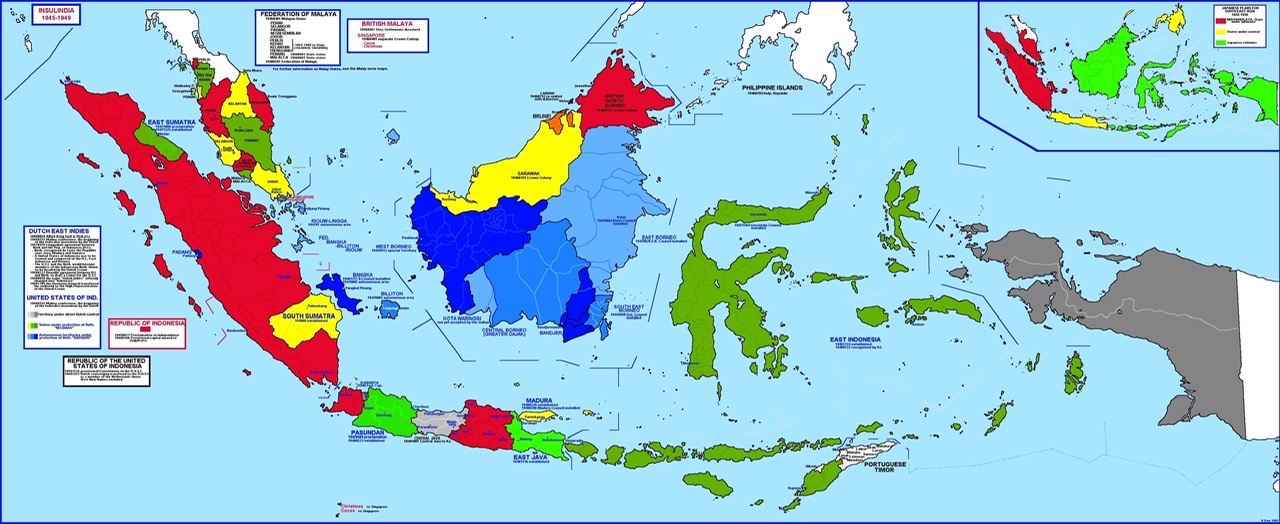After WWI the Royal Navy gave the Dominions entire (if small) navies worth of ships.
After the war, the Dominion problems are manpower and political will.
In 1918, the Dominions were still opposed to the idea of a single Imperial Navy, Canadian PM Borden suggested on behalf of the Dominion PMs that an Admiralty advisor visit each country in turn. In September 1918 the Admiralty agreed to send a Representative as early as convenient after the wars end. This later became Jellicoe's Empire Mission in Feb 1919.
In April, from Paris, Borden asked the Admiralty if Canada could take over a battleship, cruiser and requisite destroyers and submarines.
The Admiralty was quick to agree and in May 1919 proposed:
1 BC Indomitable
3 CL Arethusa
1 DL Marksman
8 S class DD
4 L Class SS
2 H Class SL already gifted
Estimated running costs were put at £1.327m per year if these ships stayed in Canadian waters. The RN acknowledged that the RCN would be in the nature of a training squadron for some years to come. At wars end the RCN only had 62 officers - not enough to run the BC.
Asked in August if they wanted the ships the Canadians demurred pending Jellicoe's report.
Jellicoe arrived in Canada in Nov 1919 and quickly noted the dissension among Canadian politicians. Even the Naval minister recognised that the current RCN was a 'pure waste of money'.
For local defence Jellicoe suggested 3 CL, 8 DD and 8 SS. If Canada wanted to co-operate in Imperial Defence then 1-2 'Fleet Units' of a BC, CV, 2CL, 6DD, 4 SS and minesweepers and support ships. Gift ships on offer from the RN had to be taken up by the end of Jan 1920. Parliament asked for an extension on 1 CL, 1 DL, 4DD, 6SS and 8PG. As no policy had been set, the pre-war policy of a training cadre was continued and only 1 CL and 2 DD were asked for. These were initially Glasgow, Talisman and Termagant but Arethusa, Patrician and Patriot were selected instead with crew requirements totaling 486.

